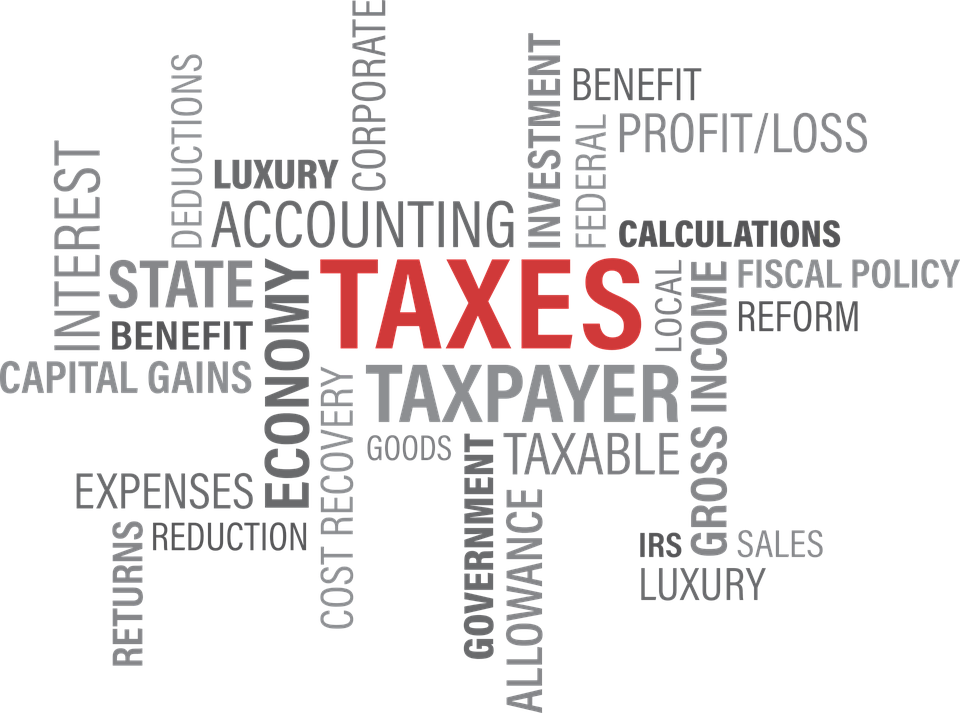How to Reap Tax Rewards by Year-End Harvesting of Capital Gains
It’s harvest time again. Traditionally, at the end of the year investors realize or “harvest” capital losses or gains from sales of securities to secure tax advantages. And, with the tumultuous times we’ve experienced in 2020, there are more ...
Dec. 09, 2020

It’s harvest time again. Traditionally, at the end of the year investors realize or “harvest” capital losses or gains from sales of securities to secure tax advantages. And, with the tumultuous times we’ve experienced in 2020, there are more opportunities for harvesting this year than usual.
But before we go any further, be aware that decisions to buy or sell securities should not be based solely on taxes. Consider all the financial ramifications—including the underlying economic fundamentals—before you harvest any losses or gains. Tax savings is just part of the equation, albeit an important one.
The basic concepts behind harvesting losses or gains are relatively simple, although the mechanics can be tricky. Essentially, long-term and losses “netted” as are short-term gains and losses. (Gains or losses are long-term if you’ve owned the securities for more than one year). Then use the net loss to offset the net gain or vice versa. Be aware of certain key rules.
- Capital losses offset capital gains in full before the remainder is used to offset up to $3,000 of ordinary income for the year. Any excess is carried over to the next year and forward indefinitely.
- Long-term capital gains are taxed at a maximum 15% tax rate (20% for high-income investors). For certain low-income taxpayers, such as young children, the maximum long-term capital gain rate is 0%. Even if you’re a moderate-to-high income investor, you may benefit from the 0% rate on a portion of your long-term gains.
Accordingly, it makes sense to follow this—
Year-end approach: If you have capital gains from earlier in the year, harvest capital losses to offset the capital gains. This is especially beneficial if you have short-term capital gains that will be taxed at ordinary income rates reaching as high as 37%. What’s more, you may benefit from the excess offset against $3,000 of ordinary income in 2020.
Conversely, if you are showing losses from earlier in the year, you may harvest capital gains that will be absorbed by those loses. This is especially beneficial if the capital gains are short-term gains that would normally be taxed at ordinary income rates.
Is that all there is? Not by a long shot. There are a few extra tax wrinkles that could affect your year-end investment decisions.
For one thing, you may be liable for the “net investment income tax (NIIT).
The NIIT equals 3.8% of the lesser of (a) your NII from items like capital gains or (b) the amount by which your modified adjusted gross income (MAGI) exceeds an annual threshold of $200,000 for single filers or $250,000 for joint filers. This can complicate planning for securities sales.
For another thing, the “wash sale” rule prohibits you from claiming a capital loss on the sake of securities if you acquire substantially identical securities within 30 days of the sale. Be wary of this rule when you’re harvesting losses to offset high-taxed capital gains.
Keep these and other tax considerations in mind when you harvest securities at year-end. With assistance from your professional advisors, figure out the best plan of action based on your portfolio. Then you can reap what you have sown!
